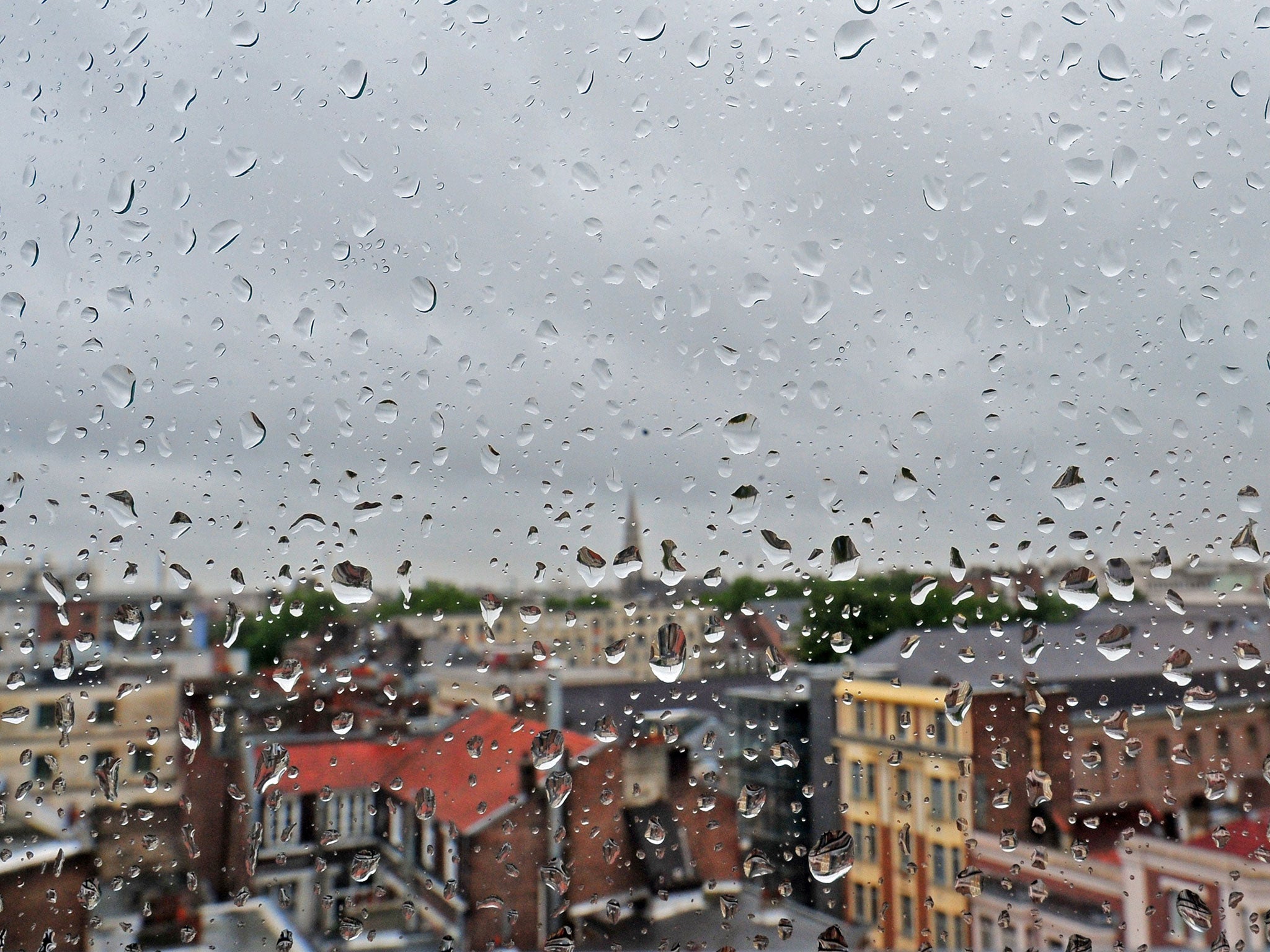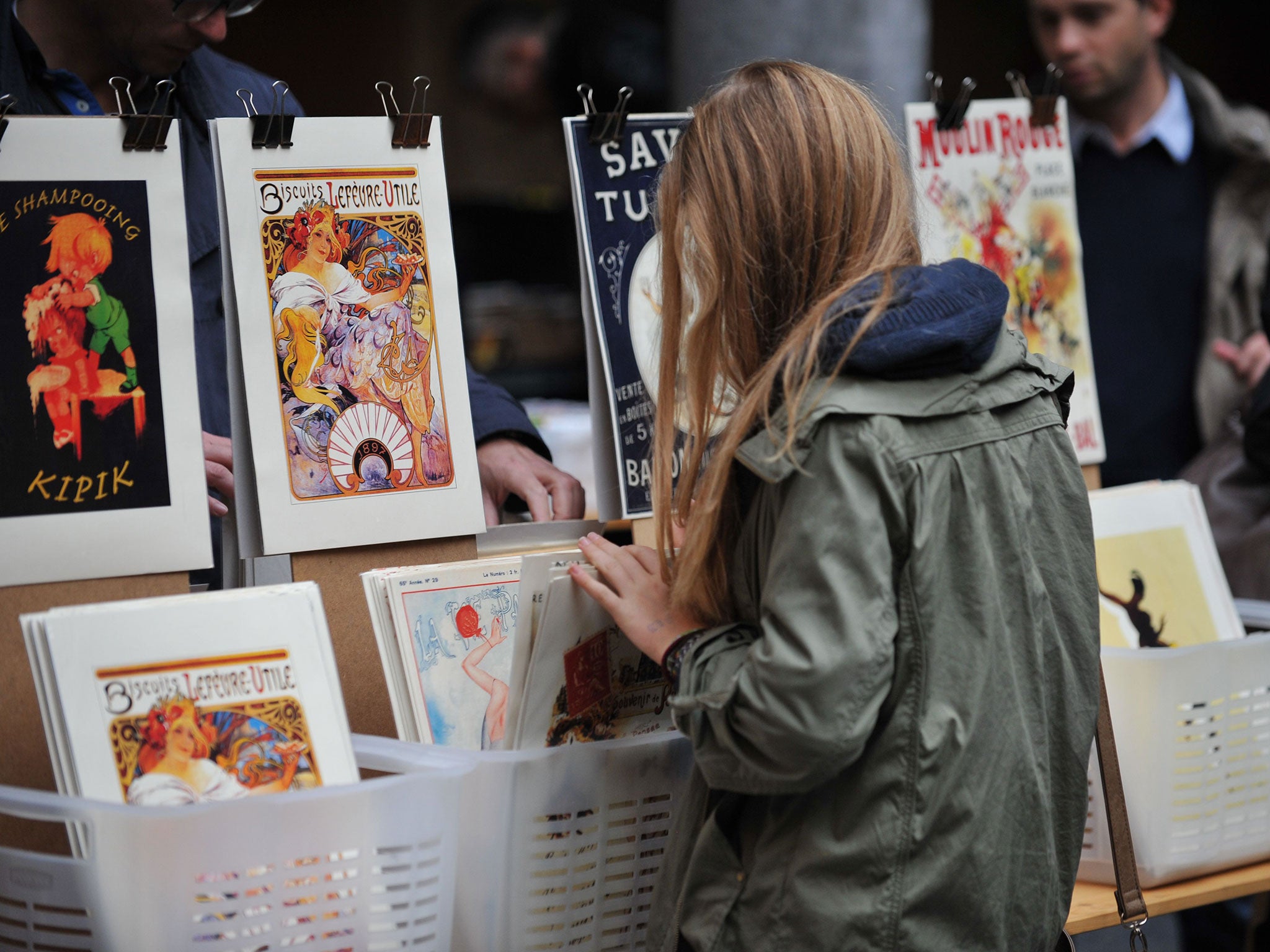Nord-Pas-de-Calais: The grim corner of Europe finding a new meaning in art and culture
The unlovely and unloved region is reinventing itself as a new cultural hotspot

Whether or not William Blake was referring to the legacy of Britain’s industrial revolution when he wrote of the “dark satanic mills” in his poem “Jerusalem”, the description could easily have applied to northern France.
The towns of its windswept plains were flattened in the First World War; what remains is a land of slag heaps and cotton mills from a bygone era. But in recent years the economically stricken region of Nord-Pas-de-Calais has undergone a transformation after local political leaders placed their trust in art. Despite strong challenges from across the continent, they say the region is bidding to reinvent itself as the cultural hub of Europe.
“The image of Lille has completely changed in 10 years,” said Martine Aubry, the city’s mayor. After Lille became the European Capital of Culture for 2004, authorities set up the organisation Lille3000 to keep developing the city’s cultural activities.
“Nobody thought of Lille as a place of culture before 2004. We’ve given the people back their pride,” she said. Lille, a former textile manufacturing centre often compared to Manchester, now spends 15 per cent of its €482m (£379m) annual budget on culture. “We reckon there are 80 million people who can get here without taking a plane – that’s our market,” said Ms Aubry.
The city’s latest cultural event is the first ever exhibition devoted to Senusret III, a little known pharaoh of ancient Egypt’s Middle Kingdom, which opened last week. It includes statues and artefacts from the Louvre, the British Museum and other foreign collections. The exhibition coincides with another, “Passions secretes”, which showcases the contemporary art collections of a group of 18 collectors based across the border in Belgium. Beyond Lille, other towns in Nord-Pas-de-Calais have also invested in art to attract new industries and tourists.
Daniel Percheron, the president of the Nord-Pas-de-Calais region, acknowledges that “in the public’s mind it’s a dark and grey region like some parts of the UK, and the rust belt in the US”.

In its early attempts to challenge that perception, Nord-Pas-de-Calais branded itself as France’s “museum region”. But its biggest gamble was to bring the Louvre museum to the north. “We’ve got forty museums on our territory, but bringing the Louvre to Lens has made a big difference,” said Mr Percheron.
For Lens it looks as though the gamble is paying off. The Louvre agreed to transfer an outpost to the economically depressed town, once the heart of the area’s now defunct coal-mining industry. Unemployment in Lens, with a population of about 40,000, is around 12 percent – higher than the national average. The museum, a low glass and steel structure built on the site of an old colliery, opened in December 2012 next to a new restaurant run by Michelin-starred chef Marc Meurin. The millionth visitor to the museum was recorded at the end of January, just over a year after the opening.
Most of those visitors are local people. “Lens is working class, a far cry from the elitist culture. The Louvre is often free,” said Mr Percheron. In addition to locals, the museum has attracted visitors from across France as well as from Belgium and the Netherlands. “But to our great surprise and disappointment, only a few from the UK. The British disembark in Calais, they drive down the motorway only a few kilometres away but they don’t stop.”
An exhibition coinciding with the 100th anniversary of the start of the First World War, “The Disasters of War 1800-2014”, has just closed at Louvre-Lens. Visitors were reminded immediately of the town’s past by an enlarged photograph of the town devastated by German bombs and shells. The museum’s next temporary exhibition, continuing the ancient Egyptian theme from Lille, will focus on the relationship between animals and pharaohs.
According to Mr Percheron the Louvre-Lens has already contributed to the local economy by creating “hundreds” of jobs in hotels and restaurants and in related projects. These include a plan to digitise the art collection of the Louvre which is threatened by the rising waters of the Seine. “These jobs didn’t exist before, and we are hoping for thousands more in the next five years,” he said.
Nearby Arras, a historic town which attracts tourists to its Flemish-style centre, has also sought regeneration through art by signing a groundbreaking “cultural decentralisation” partnership with Versailles. The exhibition that has just opened is the second at the Beaux Arts museum, whose foundations had to be strengthened to receive the first show, “Roulez carrosses” (“Carriages Roll”). Steel plates have been added to help distribute the weight of the marble statues from Versailles, which can weigh five to six tons, in the current exhibition, which is expected to attract 600,000 visitors.
Even the slag heaps have contributed to promoting the region as a cultural hub. In July 2012, they joined other wonders of the world on Unesco’s World Heritage list.
Join our commenting forum
Join thought-provoking conversations, follow other Independent readers and see their replies
Comments
Bookmark popover
Removed from bookmarks